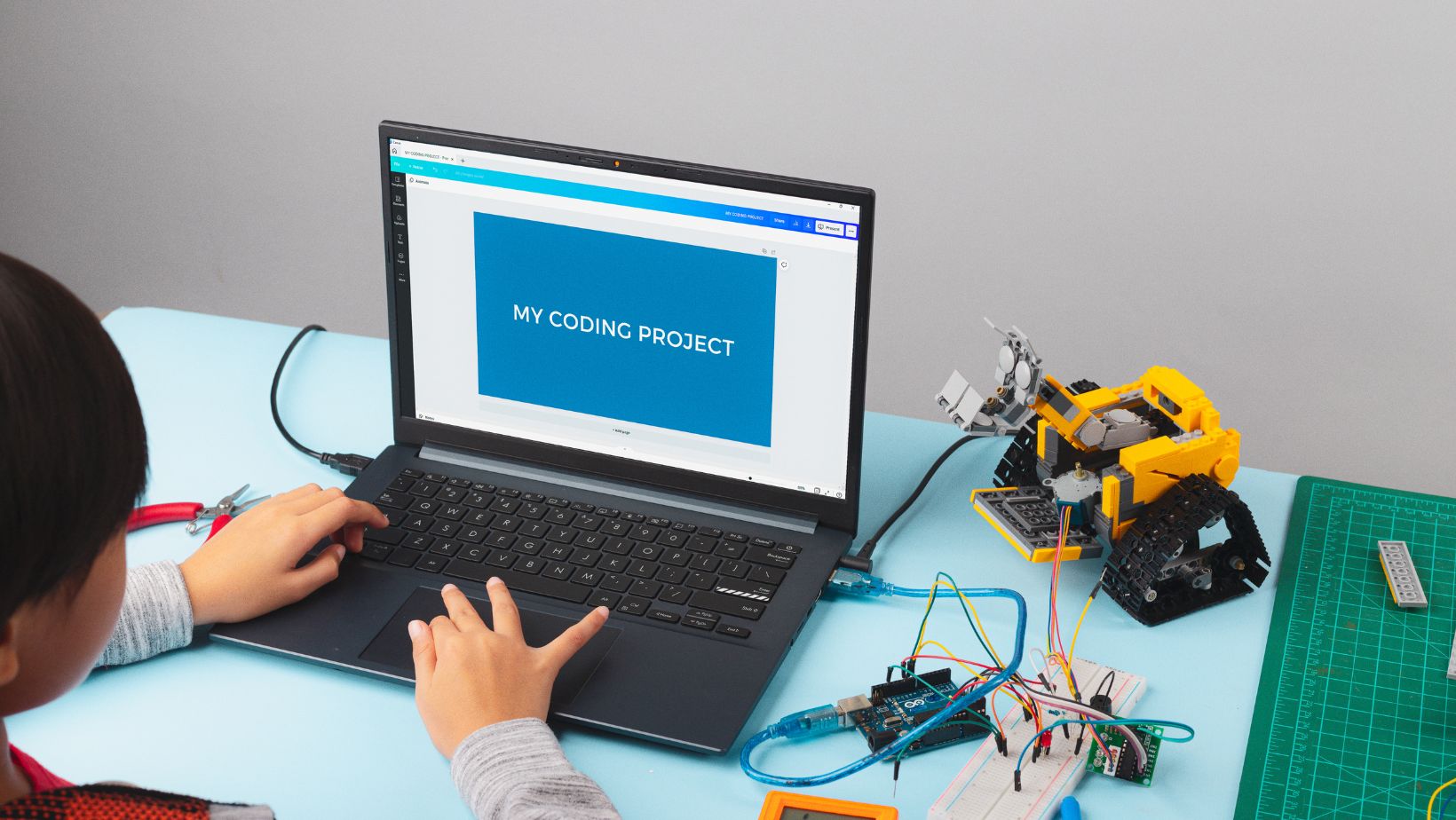Balancing Extracurricular Activities and Education: A Guide for Busy Parents

Introduction
In today’s fast-paced world, parents often find themselves juggling multiple responsibilities, including work, household chores, and ensuring their children receive a well-rounded education. One aspect of this well-rounded education involves extracurricular activities, which play a crucial role in a child’s development. However, finding the right balance between extracurricular activities and education can be challenging. In this guide, we will explore strategies and tips for busy parents to navigate this delicate balancing act effectively.
The Importance of Extracurricular Activities
Extracurricular activities encompass a wide range of options, including sports, arts, music, academic clubs, and community service. These activities offer numerous benefits for children:
- Skill Development: Extracurricular activities help children acquire new skills and talents beyond what they learn in the classroom. Whether it’s learning teamwork in sports or honing creativity in art, these activities provide valuable life skills.
- Time Management: Balancing schoolwork and extracurricular commitments teaches children how to manage their time efficiently—a skill they will carry into adulthood.
- Social Interaction: Extracurricular activities provide opportunities for children to make friends and build social skills. It’s also a chance to discover shared interests and passions.
- Well-Rounded Development: Participation in various activities contributes to a well-rounded development, fostering creativity, confidence, and self-esteem.
Challenges Faced by Busy Parents
While the benefits of extracurricular activities are evident, busy parents often face several challenges when trying to incorporate them into their child’s schedule:

- Time Constraints: Balancing work, household responsibilities, and children’s education can be demanding, leaving little time for extracurricular activities.
- Financial Considerations: Some extracurricular activities may require fees, equipment, or transportation costs, which can strain a family’s budget.
- Scheduling Conflicts: Coordinating schedules with multiple children participating in different activities can be a logistical challenge.
Strategies for Balancing Extracurricular Activities and Education
- Prioritize Activities: Evaluate your child’s interests and talents and prioritize activities that align with their passions. This will ensure that the time and resources invested yield the most significant benefits.
- Create a Family Calendar: Maintain a shared family calendar that includes school commitments, extracurricular activities, work schedules, and household chores. This visual aid can help you manage your time more effectively.
- Set Realistic Expectations: Recognize your limits and the limits of your child. Don’t overcommit to activities that may lead to burnout or negatively impact academic performance.
- Teamwork and Delegation: Involve your child in daily household tasks and chores to teach responsibility and time management. Delegate responsibilities based on their age and capabilities.
- Financial Planning: Plan your budget carefully to accommodate extracurricular expenses. Look for cost-effective options and explore scholarships or subsidies if available.

- Support and Communication: Maintain open communication with your child’s teachers, coaches, and activity organizers. They can provide valuable insights into your child’s progress and help you make informed decisions.
- Quality Over Quantity: Focus on the quality of extracurricular activities rather than quantity. A few well-chosen activities that genuinely interest your child can be more beneficial than a crowded schedule.
- Flexibility: Be prepared to adjust your plans when necessary. Sometimes, unexpected events may require you to temporarily reduce or rearrange extracurricular commitments.
Conclusion
Balancing extracurricular activities and education can be a challenging task for busy parents, but it’s one that can greatly benefit a child’s development. By prioritizing activities, creating a structured schedule, setting realistic expectations, and maintaining open communication, parents can find the right balance that works for their family. Remember that the goal is not to overburden your child with activities but to provide opportunities for them to explore their interests, develop essential skills, and grow into well-rounded individuals.
What's Your Reaction?
Deepak is a lover of nature and all things sporty. He loves to spend time outdoors, surrounded by the beauty of the natural world. Whether he's hiking, biking, or camping, Deepak enjoys being active and in touch with nature. He also loves to compete and push himself to his limits. Deepak is an avid cyclist, runner, and swimmer. He has competed in several triathlons and marathons, and is always looking for new challenges to take on.



